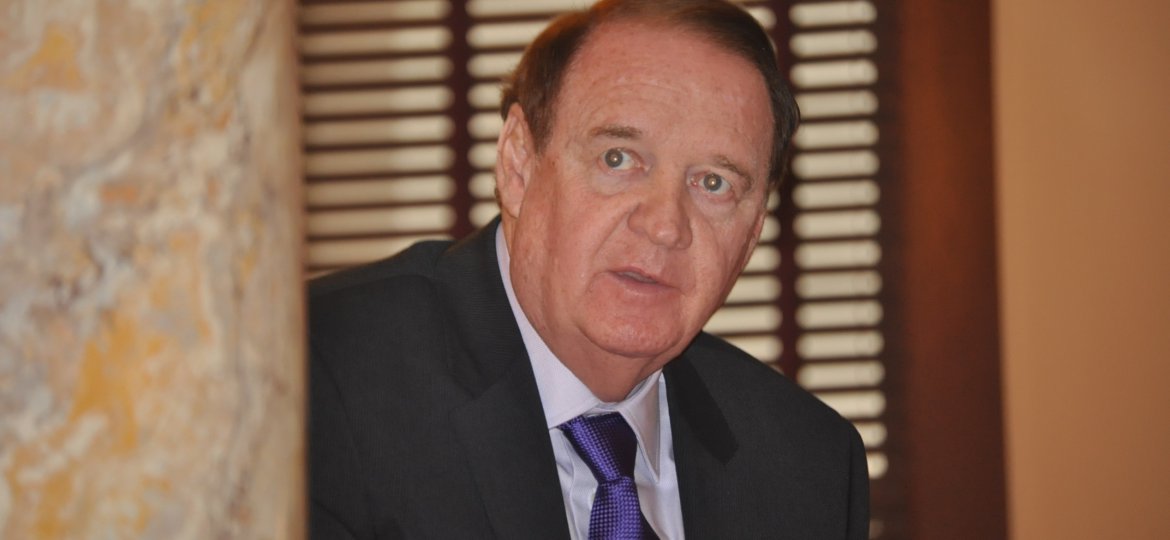
Aims to Address Shortage of Mental Health Care Access, Encourage Professionals to Practice in Underserved Areas
TRENTON – Legislation sponsored by Senator Richard J. Codey, a leading advocate for mental health reform in New Jersey, and Senate Health, Human Services and Senior Citizens Committee chairman Joseph F. Vitale that would establish a tuition reimbursement program for psychiatrists to address a shortage of mental health care access in certain underserved areas of the State cleared the Senate today.
“Providing mental health care services to those who need it, when they need it and where they need it is paramount to effectively caring for our most vulnerable citizens,” said Senator Codey (D-Essex and Morris). “The tuition reimbursement program established under this bill will provide the necessary incentive for available psychiatrists to practice in New Jersey’s most underserved communities.”
Under the bill, S-2331, the Commissioner of Health would designate, on the basis of health status and economic indicators, geographic areas of the state which have a shortage of physicians in the specialty of psychiatry. The program would provide reimbursement of a portion of medical school tuition expenses to psychiatrists who agree to provide mental health care services in one of these State underserved areas for a period of one to four years.
“The shortage of mental health care specialists and psychiatrists in certain areas of our state is a very real problem, especially when we consider the inextricable link between mental health and addiction,” said Senator Vitale (D-Middlesex). “This bill will create a program that not only will address the shortage of psychiatrists in areas of critical need but will also have an indirect impact on the fight against the opiate and heroin crisis we are facing in New Jersey.”
Program participants would be required to: (1) be State residents; (2) be State-licensed physicians who have completed all educational and residency training requirements for the practice of psychiatry; and (3) apply for the program within one year of completing an accredited residency program in psychiatry.
Under the bill, program participants would enter into a contract with the Higher Education Student Assistance Authority (HESAA) for a specified number of one-year periods of service, up to four years, in which they agree to engage in the full-time practice of psychiatry in a State underserved area. In return for this commitment, a portion of the participant’s tuition expenses in attending medical school would be reimbursed.
Tuition reimbursement would equal 25 percent of the participant’s eligible tuition expenses for the one academic year of medical school attendance in which tuition was the lowest, in return for each full year of service under the program. The maximum total tuition reimbursement for a participant for four years of service would be 100 percent of the participant’s eligible tuition expenses for the one academic year of medical school attendance in which tuition was the lowest.
Under the bill, participants in the program would be required to adhere to certain terms and standards, including charging for professional services at the usual and customary rates, allowing patients who are unable to pay that charge to pay a reduced rate or receive care at no charge, and not discriminating against any patient on the basis of ability to pay. Participants would also be required to maintain their State residency and medical license, remain current with payments on any student loans, maintain satisfactory performance of services, and report to HESAA on the performance of services rendered prior to receiving tuition reimbursement.
“After investing four years within a community, practitioners will be motivated to stay longer,” added Senator Codey.
The bill was approved by the Senate by a vote of 38-0. It now heads to the Assembly for consideration.



